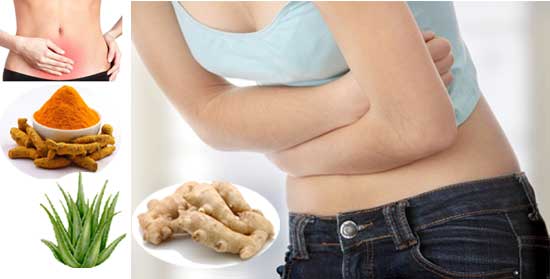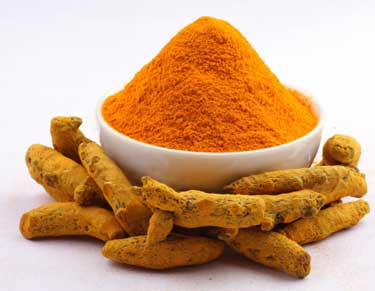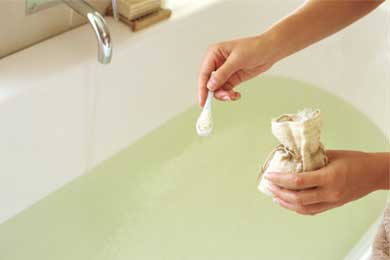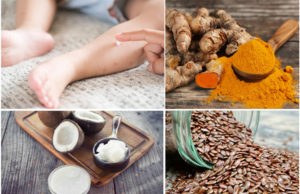Interstitial Cystitis: Symptoms, Causes, Diagnosis and Home Remedies
What is Interstitial Cystitis
Interstitial cystitis is a type of bladder diseases that affects about million of Americans. It is also known as painful bladder syndrome and is a chronic condition that is characterized by bladder pain and pressure.

Interstitial Cystitis Home Remedies
What are the Symptoms of Interstitial Cystitis
The most common symptoms of interstitial cystitis are a pain in the bladder and pelvis that ranges from mild to severe form. Also the urgency and frequency of passing urine increases. However, the urine passed is in a small amount. This condition, mostly affects women and also affects their quality of living.

Symptoms of Interstitial Cystitis
What are the Symptoms of Interstitial Cystitis
The symptoms of interstitial cystitis may vary from person to person and also may vary over the time. Also, there may be periods of a flare up. Common symptoms of interstitial cystitis are as follows:

Symptoms of Interstitial Cystitis
- Pain in the pelvis or in between the vagina or anus in women.
- In men, pain may occur between the anus and scrotum.
- Chronic pain in pelvic.
- A persistent, urgency and need to urinate
- Frequent urination
- There may be discomfort or pain while the bladder fills. This is followed by the relief after urinating.
- Pain during intercourse.
Symptoms of interstitial cystitis may be confused with chronic urinary tract infection. But there is no infection, but if the patient of interstitial cystitis also gets a urinary tract infection his conditions also get worse.
What are the Causes of Interstitial Cystitis
The exact cause of interstitial cystitis is unknown. However, there are factors that may contribute to this disease are as follows:
- Sex- Women are more often diagnosed with interstitial cystitis as compared to men.
- Skin and hair color- People with red hair and fair complexion are more at the risk of developing interstitial cystitis.
- Age- Usually this disease is diagnosed in people of 30 years and above.
- Other chronic pain disorders- Patients suffering from chronic conditions such as inflammatory bowel syndrome and fibromyalgia are more at the risk of developing interstitial cystitis. Other unproven contributing factors are an autoimmune disease, allergy, infection, and heredity.
- What are the complications of interstitial cystitis
- Interstitial cystitis may result in various complications such as reduced capacity of the bladder, low quality of life, depression, sexual problems and sleep disorders.
What is the Diagnosis of Interstitial Cystitis
Your doctor may ask you to have a pelvic exam, urine test, cystoscopy, urine cytology, potassium-sensitive test and biopsy.

Diagnosis of Interstitial Cystitis
Home Remedies to Treat Interstitial Cystitis
- Soy Supplements- include soy supplements in your diet. They help to restore the balance and decreases the symptoms of interstitial cystitis.
- Turmeric- Being anti-inflammatory properties and rich in anti-oxidants turmeric can be used to ease the pain caused due to interstitial cystitis. Ass turmeric in cooking. You may also have a glass of milk with a teaspoon of turmeric every day to treat your condition.

Turmeric Remedy for Interstitial Cystitis
- Aloe Vera- Aloe Vera is very effective in soothing the internal walls of the bladder. You may have freshly extracted Aloe Vera juice daily.

medicinal benefits of Aloe Vera
- Marshmallow Toots- Marsh mellow roots contain mucilage that prevents the bladder irritation and inflammation by coating the mucous membrane of the bladder. Also marsh mellow contain tannins that act as a barrier and prevents the mucous layer.
- Ginger- Ginger is very beneficial in treating inflammation, digestion, and sickness. It contains gingerol that acts as anti-inflammatory and anti-spasmodic and also helps to ease the symptoms of interstitial cystitis.

Ginger
-
Hot compress- To ease the pain you may also apply a hot water bottle or heating pad to the abdomen and pelvic region. Heat helps the muscles to relax and soothes the walls of the bladder.
-
Epsom Salt Bath- This will help the muscles to relax and reduce the pain. You may also use baking soda for the same purpose.

Epsom Salt Bath
Besides the above-mentioned home remedies also avoid tea, acidic juices, coffee, gluten product,alcohol, spicy food, vinegar, sugar, malt, and diet soda as they may make your condition worse. Also, quit smoking. Eat whole grain, drink 6 to 8 glasses of water daily and try to reduce the stress.





















































